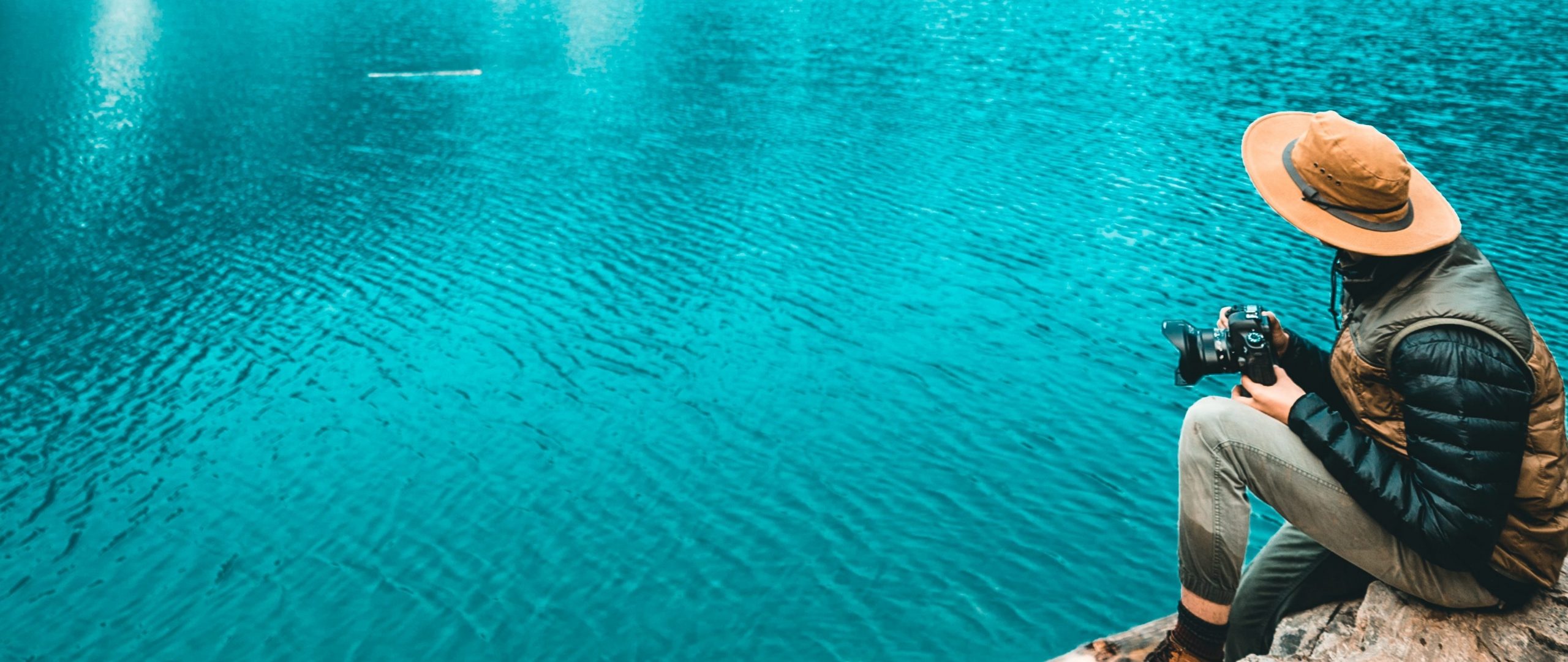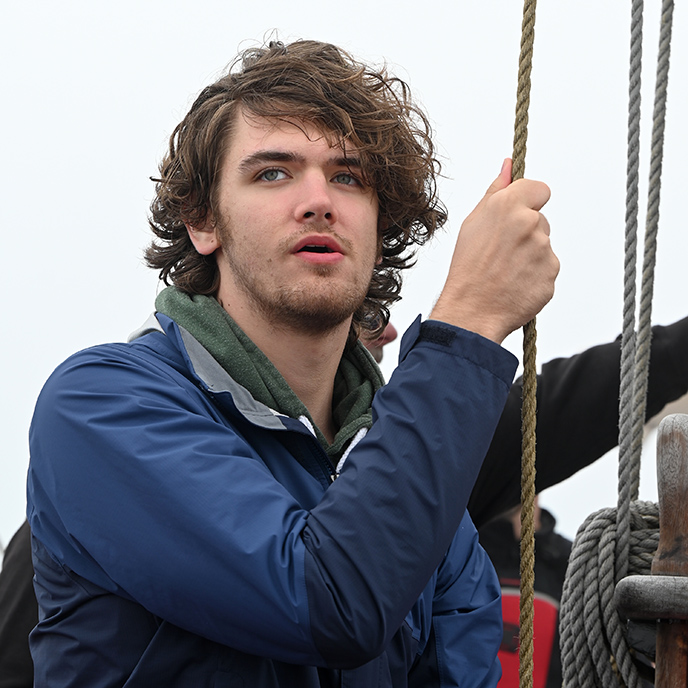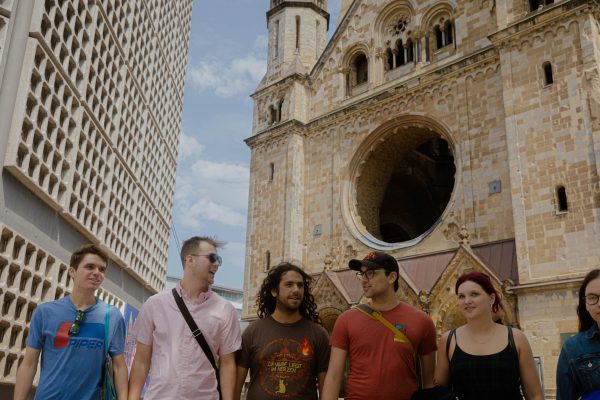Today’s anthropologists do not just work in far away locations; they can be found doing cool things in many fields and careers: in corporations doing market research, in government doing forensics or international development, in non-profit organizations working on local education initiatives or working on global environmental issues. Anywhere people are engaging with other people, you’re likely to find an anthropologist.
Anthropology


Anthropology has really served as a way for me to branch out from my usual
experiences, and during my time here, I’ve found that I have a deep interest in biological science and archeology, which I would never have discovered without taking that first class. I actually enjoy it so much that I decided to make it my second major, and I might even move on to grad school in the near future.
Logan Barleen, ’25 anthropology, journalism and mass communication
Studying abroad in 2025 in Dublin, Ireland, “Touch Down in Dublin,” with the Greenlee School of Journalism.
General requirements
Anthropology majors may choose either a bachelor of arts or a bachelor of science degree, both of which require 33 credits in anthropology. A bachelor of arts degree is obtained by fulfilling the college general education course requirements plus 6 additional credits in Area I (Arts and Humanities) or III (Social Sciences) or a combination of both. A bachelor of science degree is obtained by fulfilling the college general education requirements plus 6 additional credits in Area IIA (Mathematics) or IIB (Natural Sciences) or a combination of both. All students must also complete a minor or a second major as part of their degree requirements.
LAS majors require a minimum of 120 credits, including a minimum of 45 credits at the 3000/4000 level.
Minor
A minor in anthropology consists of at least 15 credits. The minor must include at least 9 credits that are not used to meet any other department, college, or university requirement.
Courses
Check out our full list of courses we offer on the ISU Course Catalog, and see this semester’s courses on the ISU Schedule of Classes.
Study abroad
 The LAS Study Abroad program works individually with students to find study abroad programs that can best fit their academic, professional, and personal goals. Students have successfully undertaken a wide range of short-term and long-term study and internships in institutions around the world.
The LAS Study Abroad program works individually with students to find study abroad programs that can best fit their academic, professional, and personal goals. Students have successfully undertaken a wide range of short-term and long-term study and internships in institutions around the world.
NOTE: Study abroad is open to every student, regardless of field of study. Discuss your plans with your academic advisor as well as study abroad advisors on campus to plan your journey.
 Student clubs and organizations
Student clubs and organizations
Students at Iowa State University can tailor their experience to make sure they gain valuable skills for the future.
WLC students can engage with other language and cultural studies students when they join one of our department-specific student clubs: Spanish Club, German Club, Anthropology Club, Classical Studies Club, and others.
A wide variety of other student organizations and clubs are available for students to join—including academic, honor societies, political and activism, and intramural sports. Gain leadership and service experience through the Student Activities Center, go to one of the many fun campus events like the Cyclone Carnival, or learn more about clubs and activities at the annual ClubFest to see the many ways you can get involved during your time at Iowa State.
Have an idea for the next big thing? The Start Something LAS Academy, part of the ISU Start Something network, provides hands-on learning experiences for students interested in innovation and entrepreneurship. Build community with other innovators as you explore innovation and entrepreneurship.
